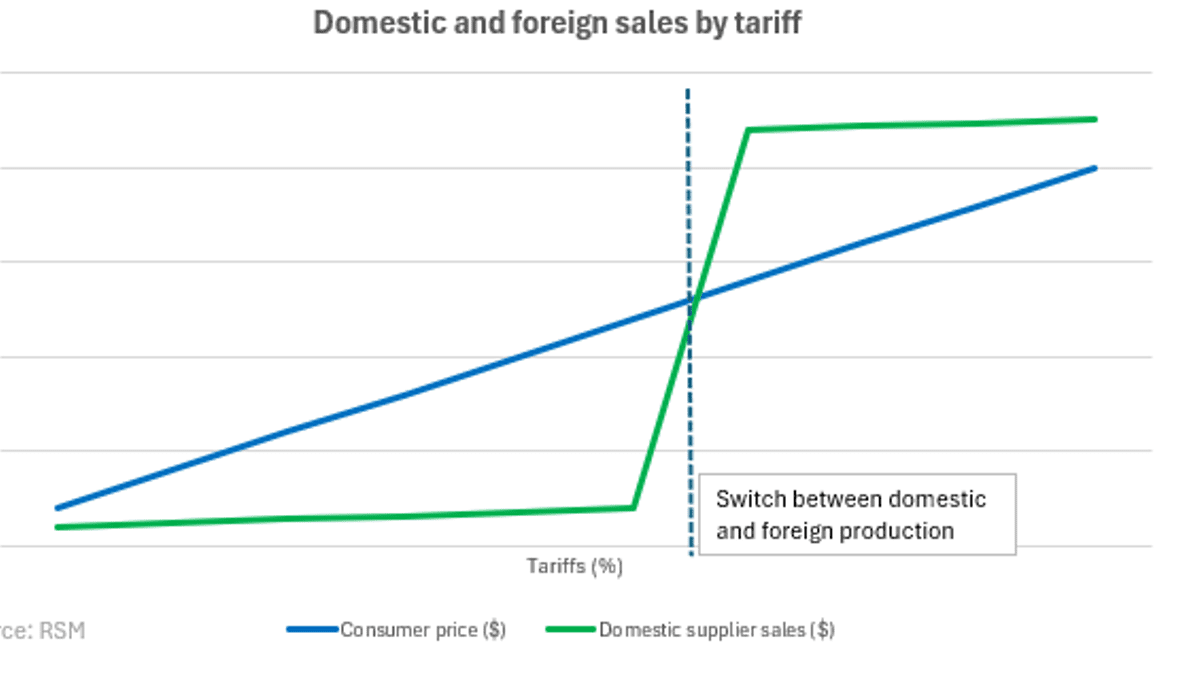
Donors can donate to certain organizations in Massachusetts and receive a potential federal AND Massachusetts tax benefit of up to 85% of the amount donated. The Community Investment Tax Credit (CITC) provides critical resources to Community Development Corporations (CDC) in Massachusetts to make sure families are not driven out of their neighborhoods and children remain in school. The CITC program began in 2014 and is set to expire in 2019.
How It Works for Donors
Individuals, corporations and nonprofit organizations can donate at least $1,000 up to $1,000,000 per year to certain Community Partners to be eligible for the Community Investment Tax Credit. An example of how the CITC works is as follows:
| Donation | $1,000 | $10,000 | $100,000 | $150,000 |
| Less: CITC at 50% of donation | (500) | (5,000) | (50,000) | (75,000) |
| Less: Federal benefit at 35% | (350) | (3,500) | (35,000) | (52,500) |
| Total MA and Fed tax benefit | (850) | (8,500) | (85,000) | (127,500) |
| Net out-of-pocket donation | $ 150 | $ 1,500 | $ 15,000 | $ 22,500 |
If a donor is interested in making a qualified investment (donation) to a Community Investment Partner, they first need to identify an organization that has been allocated credits by Massachusetts (Department of Housing and Community Development – DHCD); see this list of Certified CDCs.
There are two ways to donate:
- to a CDC that uses the donation to directly provide services to the community or
- to a Community Partnership Fund that is administered by a nonprofit organization to collect donations and then distribute those donations to CDCs (i.e., the United Way of Massachusetts Bay).
After the donor has identified a Community Investment Partner, they then must get a certificate from DHCD that certifies the taxpayer made a cash contribution to a community partner or community partnership fund. This certificate provides the taxpayer with a certificate number that needs to be reported on the tax return to claim the Community Investment Tax Credit.
Some Things to be Aware of
- Massachusetts is authorizing only $6,000,000 of cumulative credits to all taxpayers per year; in other words, they stop issuing certificates to claim the credit once they have granted certificates with a cumulative value of $6,000,000.
- The CITC is refundable or can be carried over for five years; however, it cannot be refunded in later years if the taxpayer elects to carry over the unused credit.
- A donor does not have to be a resident of Massachusetts to get the CITC; they simply need to file a Massachusetts return even if there is no Massachusetts taxable income to be reported.
- Pass-through entities can pass the CITC to their partners, shareholders or beneficiaries so they can claim the CITC on their respective personal tax returns; however, if the pass-through entity also has a tax liability, they can elect to claim the CITC at the entity level, but cannot pass the unused credit to the partners, etc.
- Tax exempt organizations (i.e., nonprofit organizations) can claim the CITC even though they may not have any tax liability (i.e., they may be subject to tax on their unrelated business income – UBI). Tax exempt organizations would claim the CITC on the Form M-990T and use the credit to reduce any unrelated business income tax and refund the excess credit amount.
How the Community Investment Tax Credit Works for Community Development Corporations
CDCs who want to improve economic opportunities for low-income and moderate-income households and other residents in urban, rural (municipalities with populations of less than 7,500) and suburban communities in Massachusetts can adopt a community investment plan to undertake community development programs, policies and activities. The CDC would apply annually to the DHCD for selection as a Community Partner and receive an allocation of tax credits. The DHCD would evaluate the quality of the adopted Community Investment Plan (CIP) in the first year, then assess in subsequent years’ applications the progress on both (1) its credit use and (2) progress implementing the CIP. Once the CDC has received its allocation of credits, it can then solicit and receive qualified investments (donations) from donors and provide those donors with tax credits in exchange for their donations.
Community development includes:
- Affordable housing
- Commercial real estate development and preservation
- Economic development in the form of business assistance and development
- Homeownership assistance
- Financial education
- Foreclosure prevention
- Job training and creation programs
The Community Investment Tax Credit Program is a WIN/WIN/WIN
The Massachusetts Community Investment Tax Credit Program provides flexible working capital that can be used to seed new programs, fill funding gaps and leverage other resources for improvements in certain communities in Massachusetts. There are significant benefits to all the stakeholders in the Program:
- Businesses and individuals in certain communities (such as Lawrence, Lowell, New Bedford, Taunton and the list goes on) receive much needed assistance to improve their economic conditions and to prevent loss of basic housing and other needs
- Donors receive significant tax benefits, including refundable Massachusetts tax credits (that essentially provide them with a charitable tax deduction where one does not otherwise exist in Massachusetts), and
- CDCs receive much needed funds to provide the resources to help improve the economic conditions of individuals and businesses in these communities.
The Community Investment Tax Credit Program is a WIN/WIN/WIN for all involved!
Potential Community Partner donors interested in CITC credits and nonprofit organizations interested in applying to become a CDC can contact Bob Hart, for tax planning or nonprofit consulting services.





